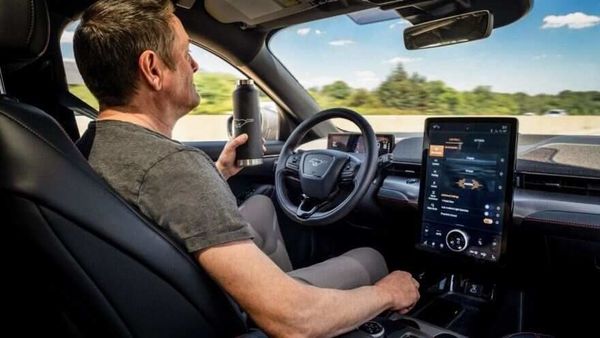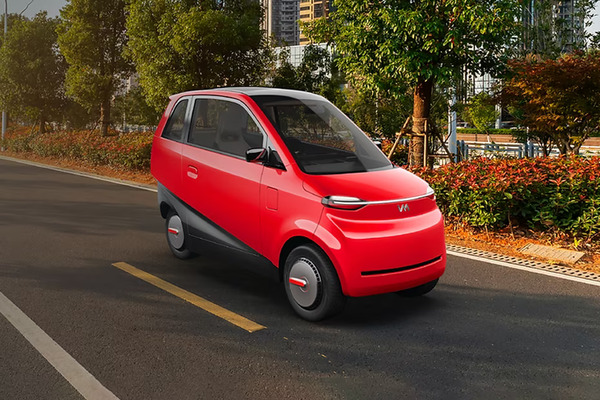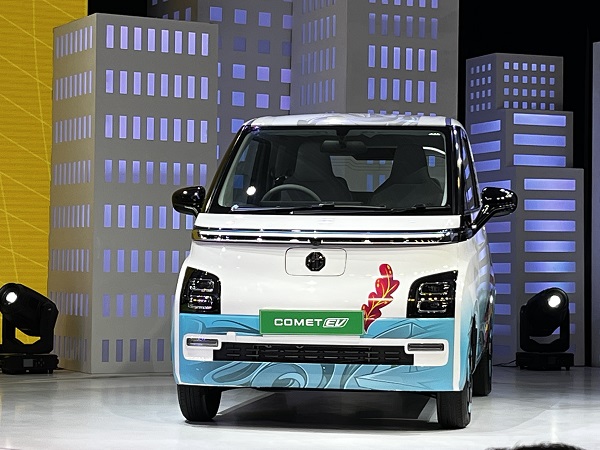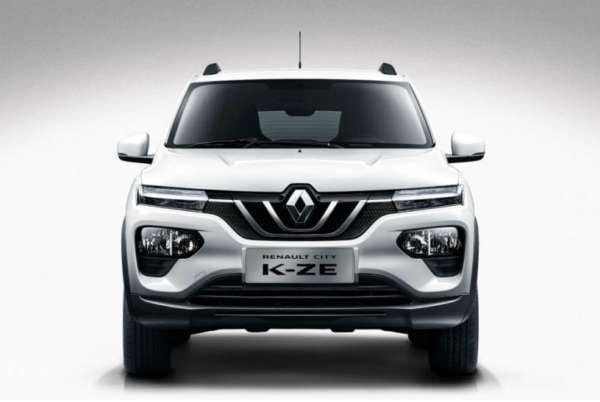Connected cars might be tempting to own, but do you know the challenges?
- Connected cars come with a different set of challenges including connectivity, subscription and data security.


Connected cars are becoming increasingly popular. The connected features that once were the crown jewels of luxury cars have now become common for even compact and basic models. The cars are increasingly coming along with various connected features, some of them are developed by third parties, while some get the OEM's in-house technology.
Also Read : Google brings updated Android Auto: What's on offer
Connected cars are driving the future of the automobile industry with assistance from the Internet of Things (IoT). This technology provides vehicle users with new experiences. This is also opening the new revenue generation path and business opportunities for the OEMs after selling the vehicle.
While the connected functions are making driving fun and convenient for the drivers and vehicle owners, there are some downsides and challenges as well. Here are the challenges related to connected cars.
Complexity around subscription
Subscription related complexities remain a critical issue with connected cars. As connected cars usually come as a car as a service, the subscription costs are often passed to the vehicle consumers. With the expenses related to service subscriptions, consumers often shy away from using a feature if they don't consider it worth the money. This often results in a cancelled plan and revenue loss for the automaker. The question arises if the OEMs are willing to pay for entertainment-focused connected services.
Connectivity complexity
Connectivity remains another critical challenge for connected cars. The connection quality, geography, chosen communication service provider and connectivity performance are some key elements that define the experience of the user. These are the factors the OEMs should choose wisely.
Data management
Connected cars are similar to the other connected consumer tech products. Hence, these connected cars can be dubbed as connected devices on wheels. Data management and profiling have become highly crucial for OEMs and service providers. Connected cars using infotainment functions come with a different pattern of data consumption than the vehicles leveraging advanced assisted driving features. Managing these wide varieties of data sets and profiling them in a scalable manner is crucial.
Data security
Data security has become a concern for consumers in the last few years. With the rise of connected cars that are consuming a colossal amount of data related to consumer behaviour, location etc, it is very important the automakers pay attention to safeguard the data. According to research, only 10% of the automotive OEMs currently have a dedicated cybersecurity team. With connected cars relying more and more on software, the data security-related concern needs to be addressed on priority.








 14 Kwh
14 Kwh 250 km
250 km



 1497 cc
1497 cc Multiple
Multiple















